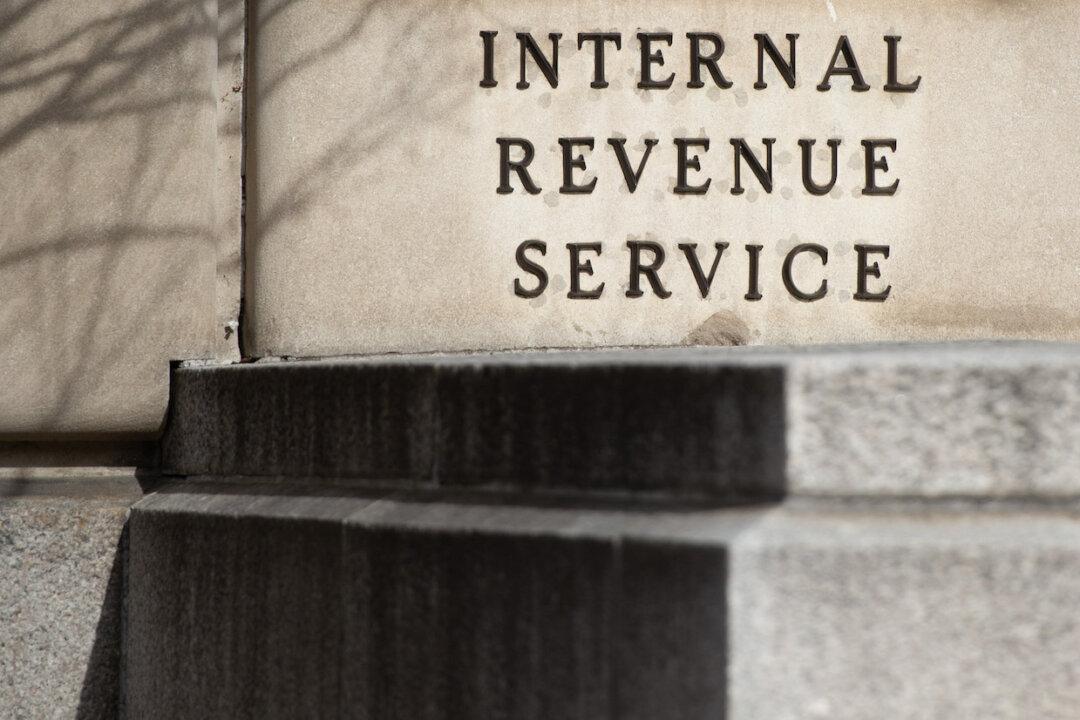The Internal Revenue Service’s (IRS) Criminal Investigation (CI) unit will launch a pilot program in June in which cyber attachés will be sent across four continents to combat cybercrime, the agency announced on May 18.
This initiative focuses on cracking down on tax and financial crimes involving cryptocurrency, decentralized finance, peer-to-peer payments, and mixing services. It signals the IRS’s commitment to staying one step ahead of cybercriminals in the digital landscape.




